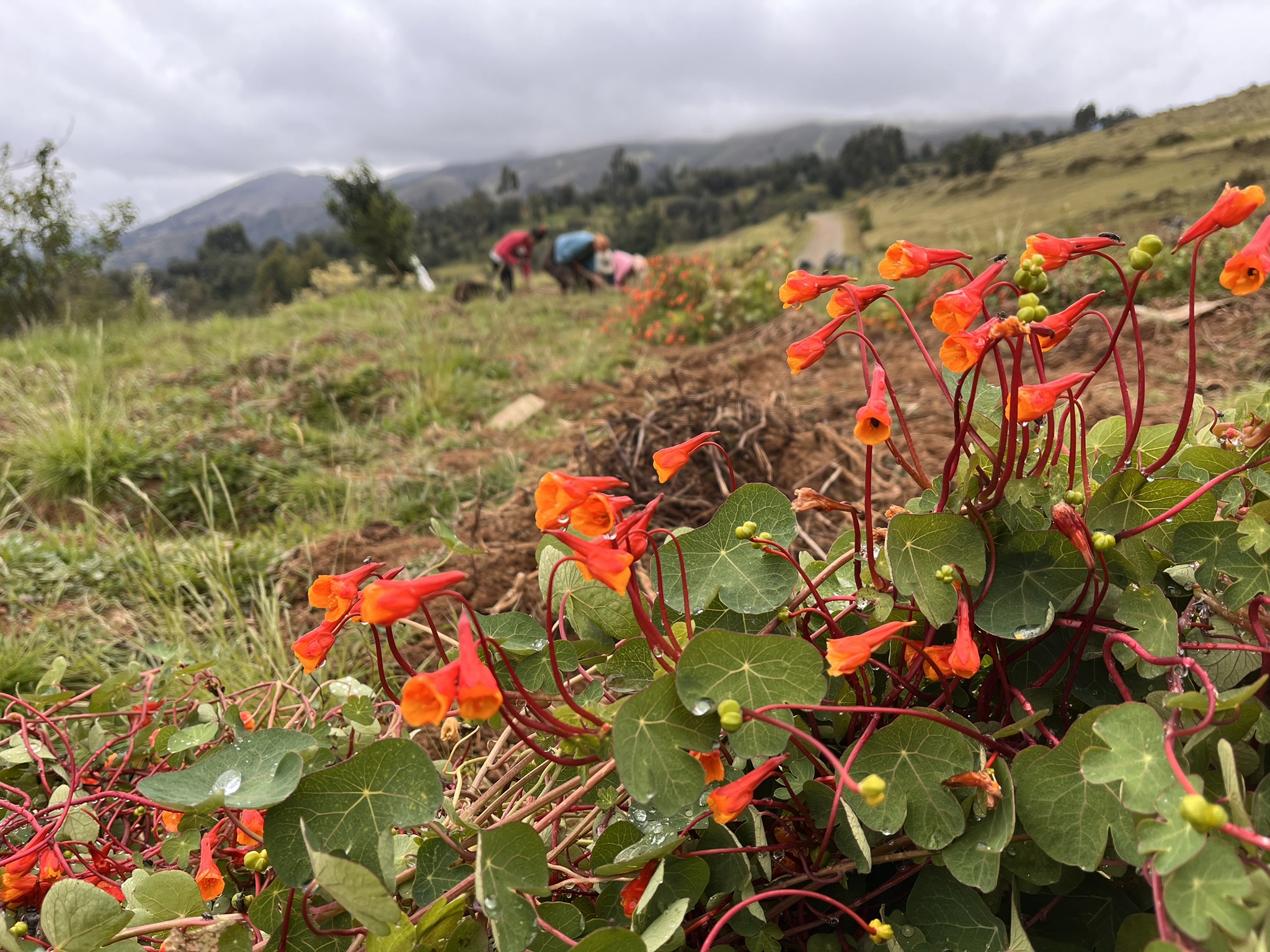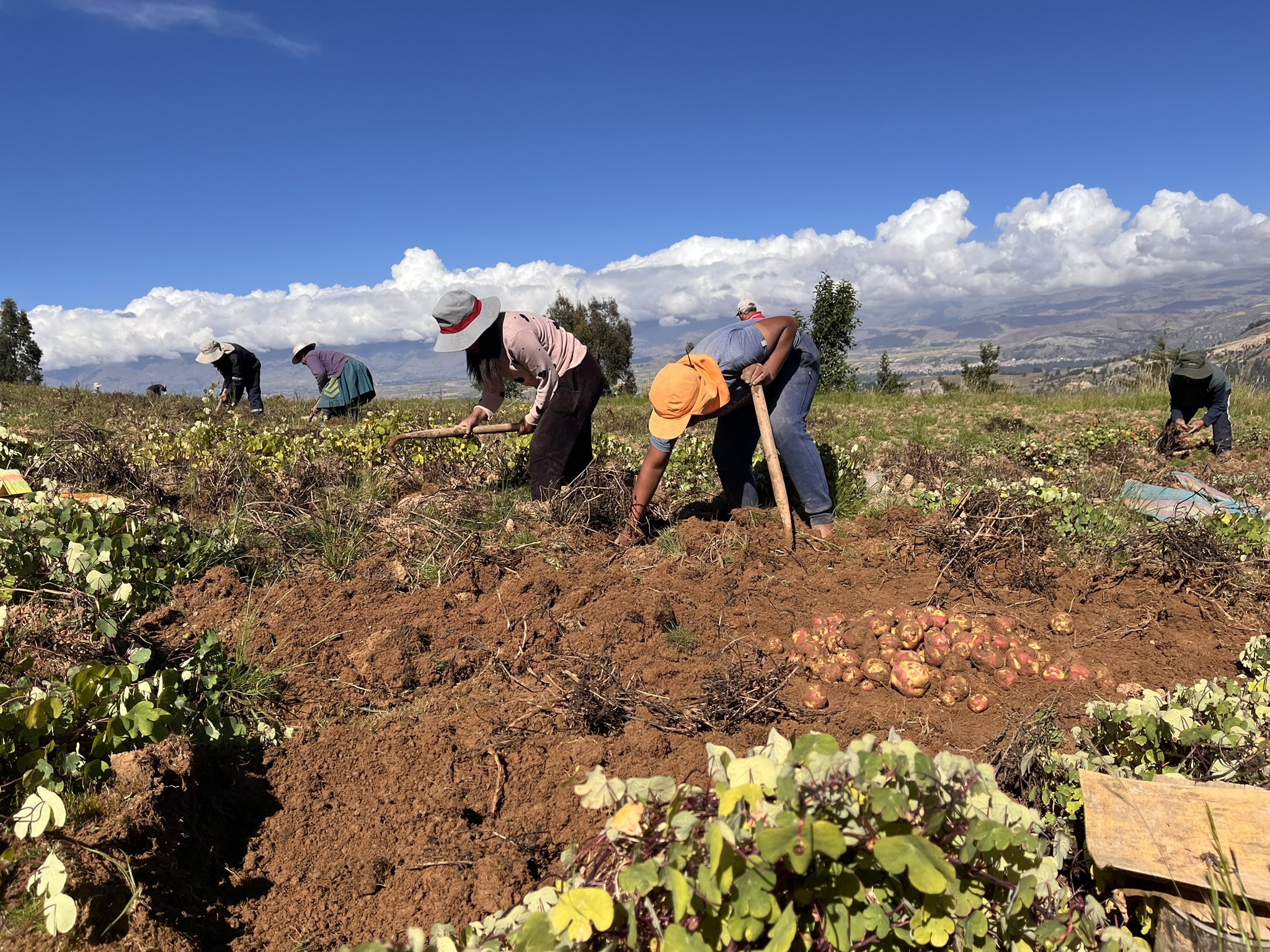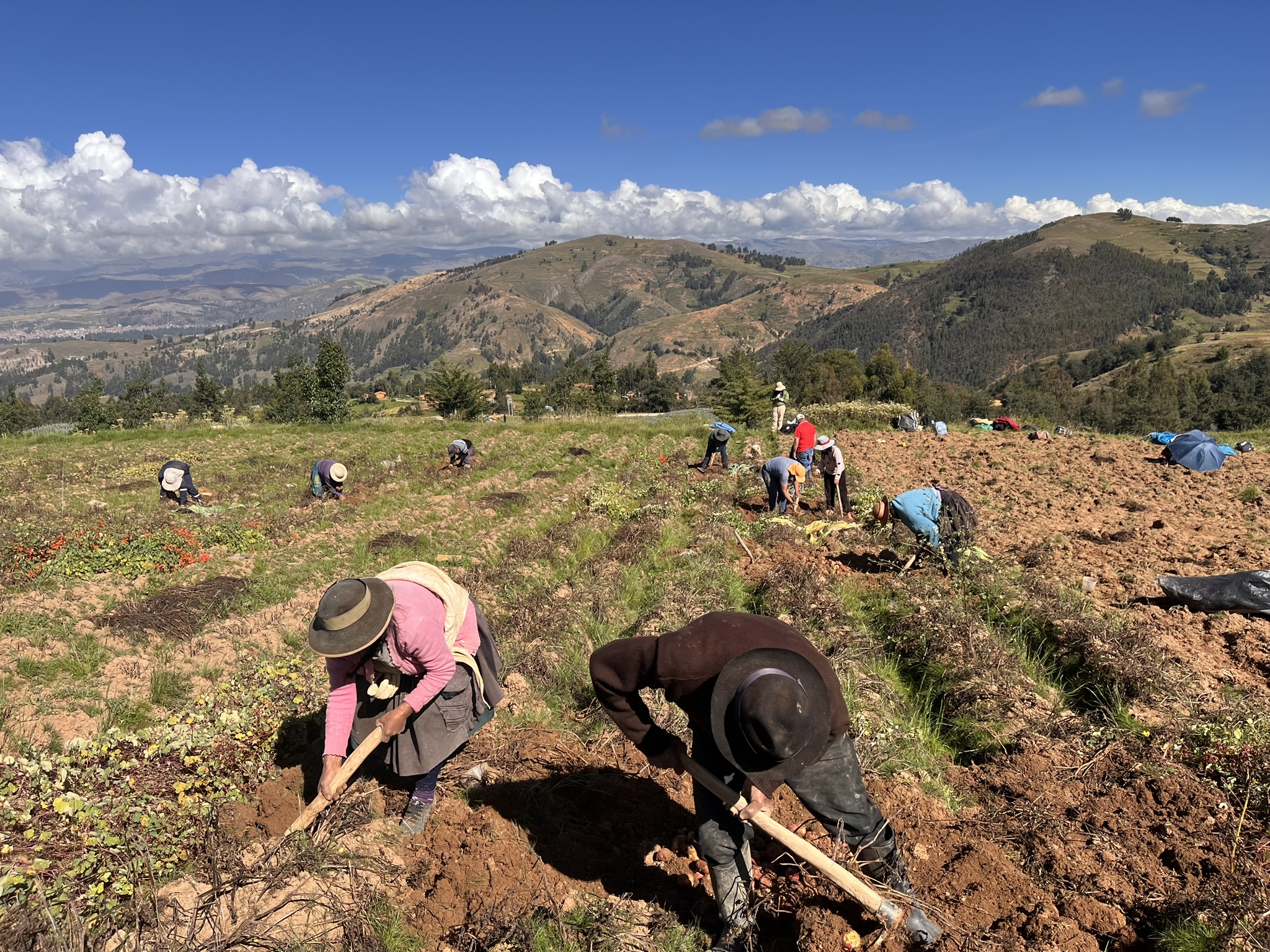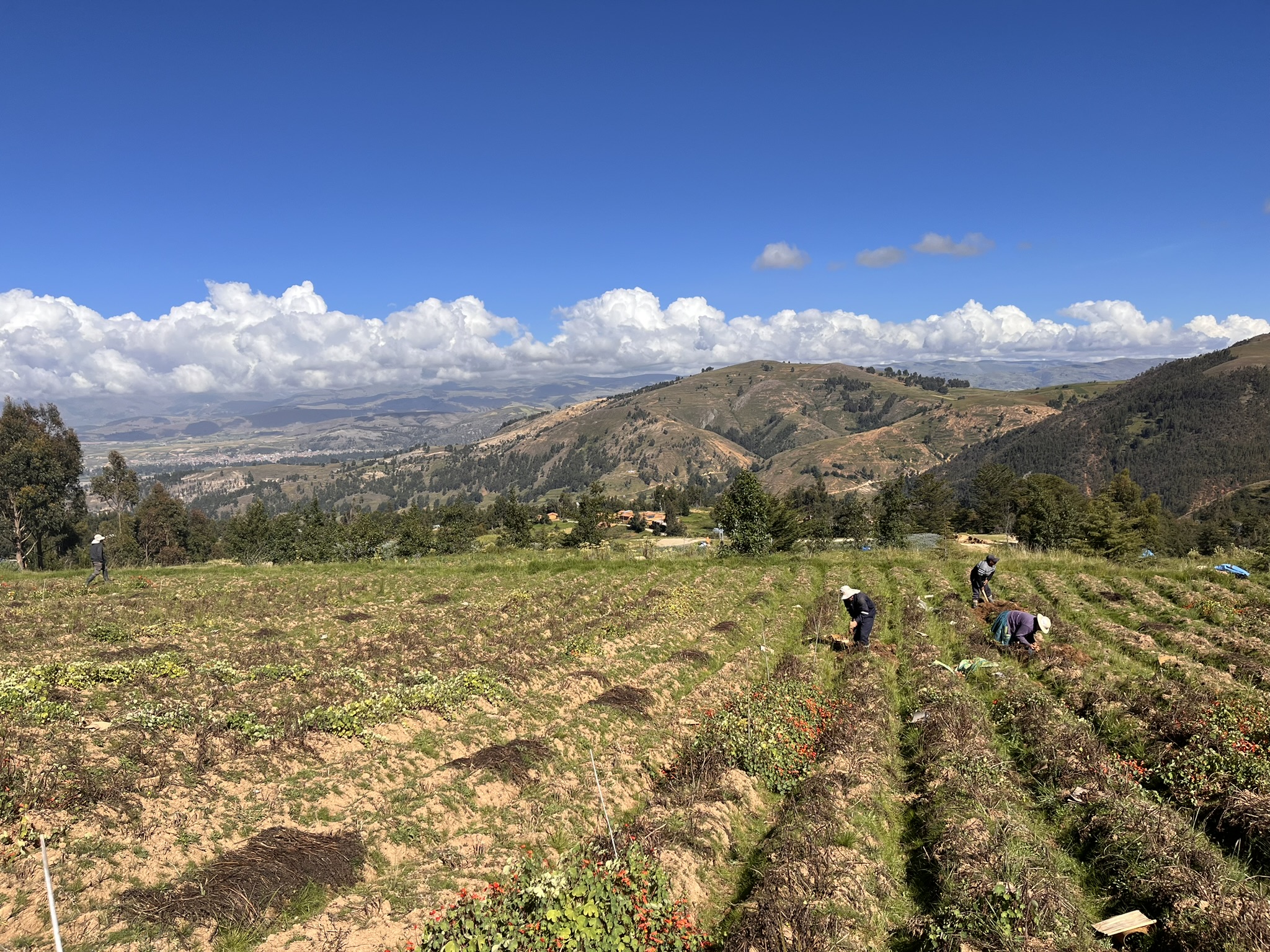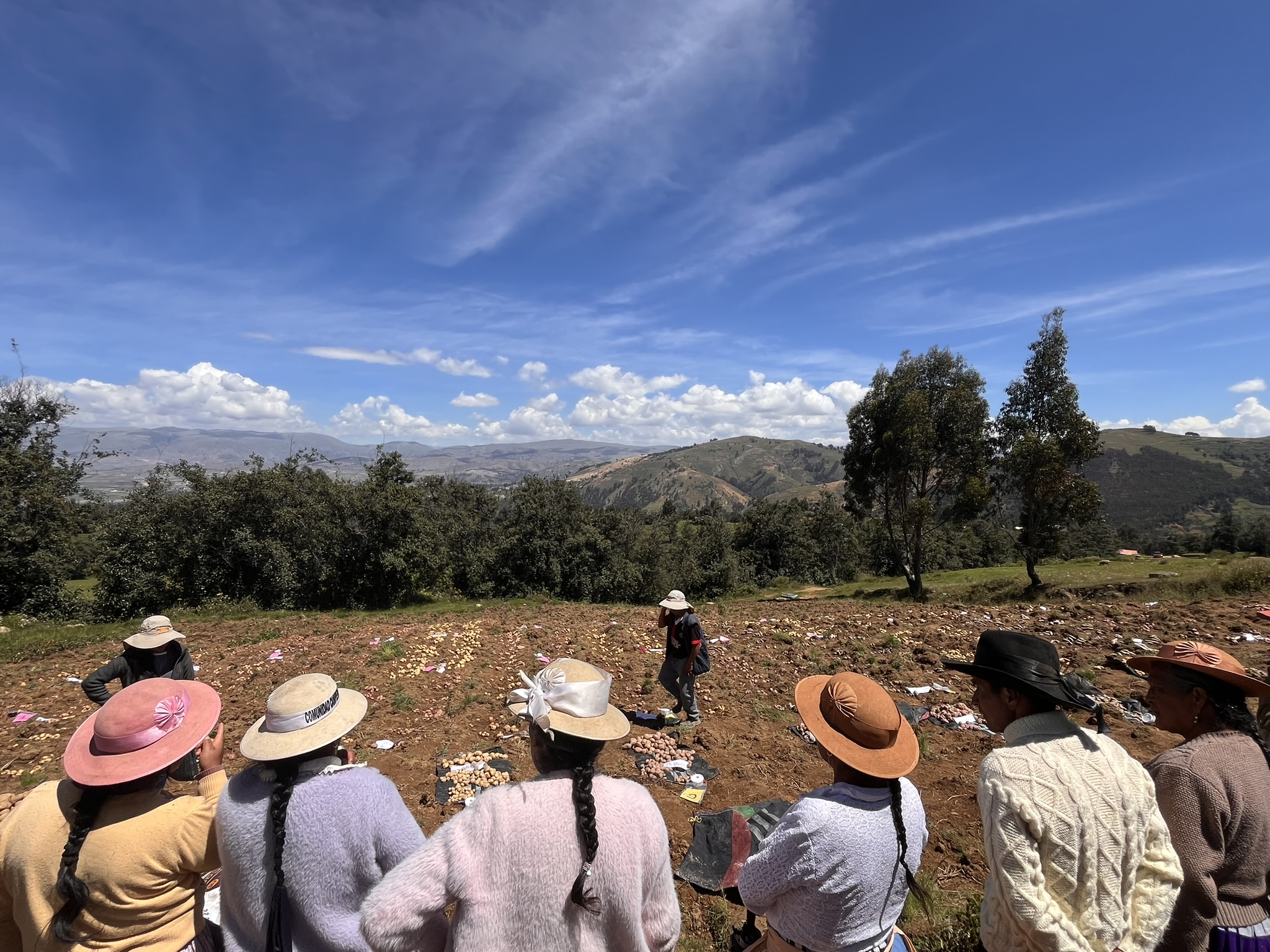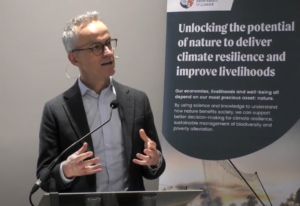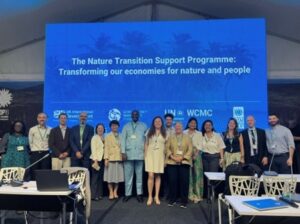Rooted Alliances: Universidad Técnica Particular de Loja (UTPL) Advances Inclusive Access in the Ecuadorian Amazon
By conducting in-depth research, building trust, fostering dialogue, and empowering community leadership, we are advancing a transformation that is deeply rooted in the territory and designed for long-term resilience.
Professor Omar Malagón, Universidad Técnica Particular de Loja (UTPL)
In the Ecuadorian Amazon, the Universidad Técnica Particular de Loja (UTPL), in collaboration with Terrambiente Consulting and SEDEFA, has reached a major milestone in its efforts to lay a strong ethical, legal, and cultural foundation for sustainable innovation.
Driven by research and the commitment of specialists Ana María Rodríguez and Omar Malagón, the project “Realizing the Potential of Plant Bioresources as New Economic Opportunities for the Ecuadorian Amazon: Developing Climate-Resilient Sustainable Bioindustry” (BIOAMAZ), seeks to establish sustainable bioindustries based on essential oil production. This initiative addresses the interlinked challenges of climate vulnerability, biodiversity loss, and poverty by promoting alternatives to unsustainable economic practices that degrade ecosystems, restrict local development, and deepen poverty in indigenous communities.

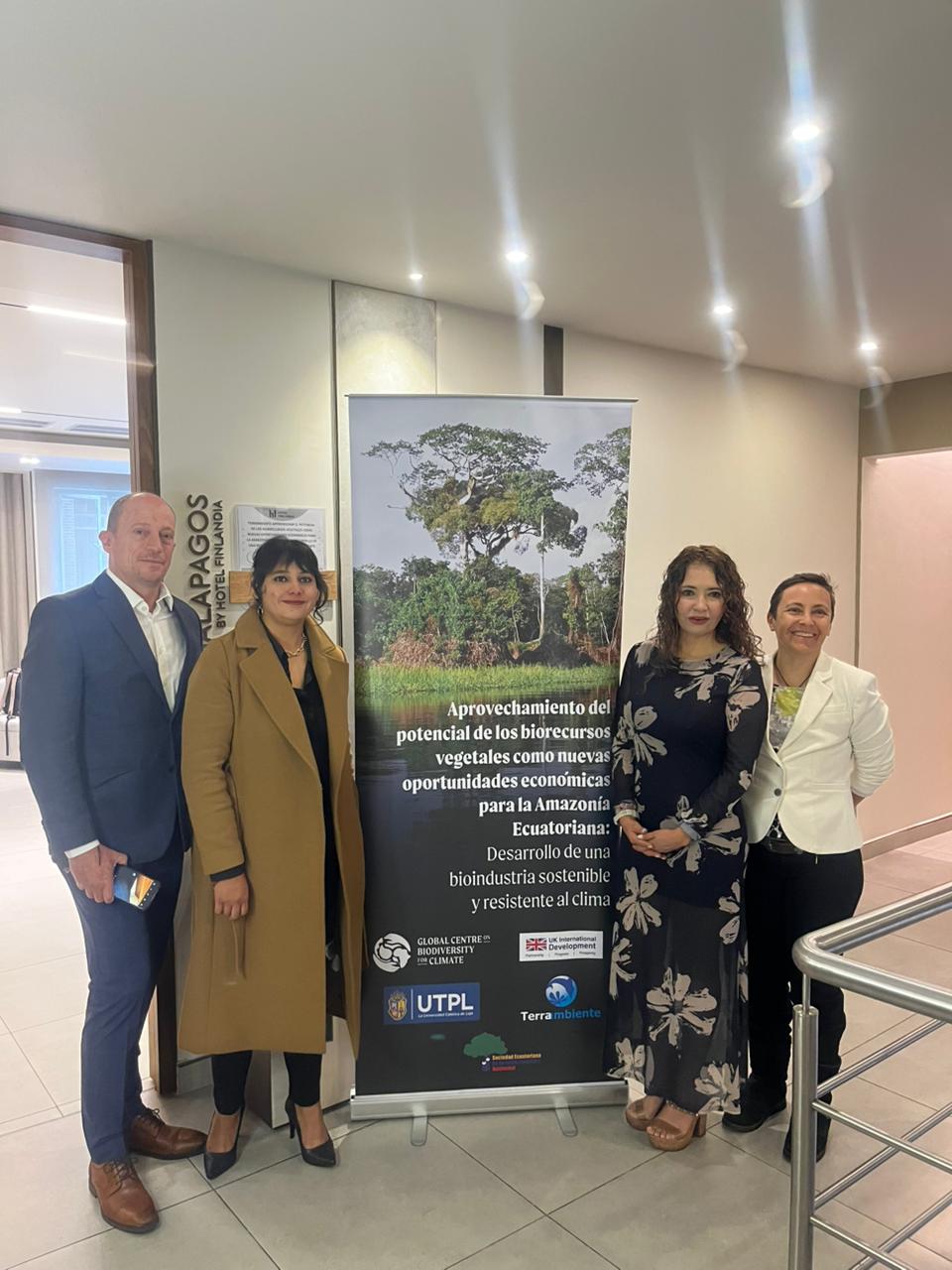



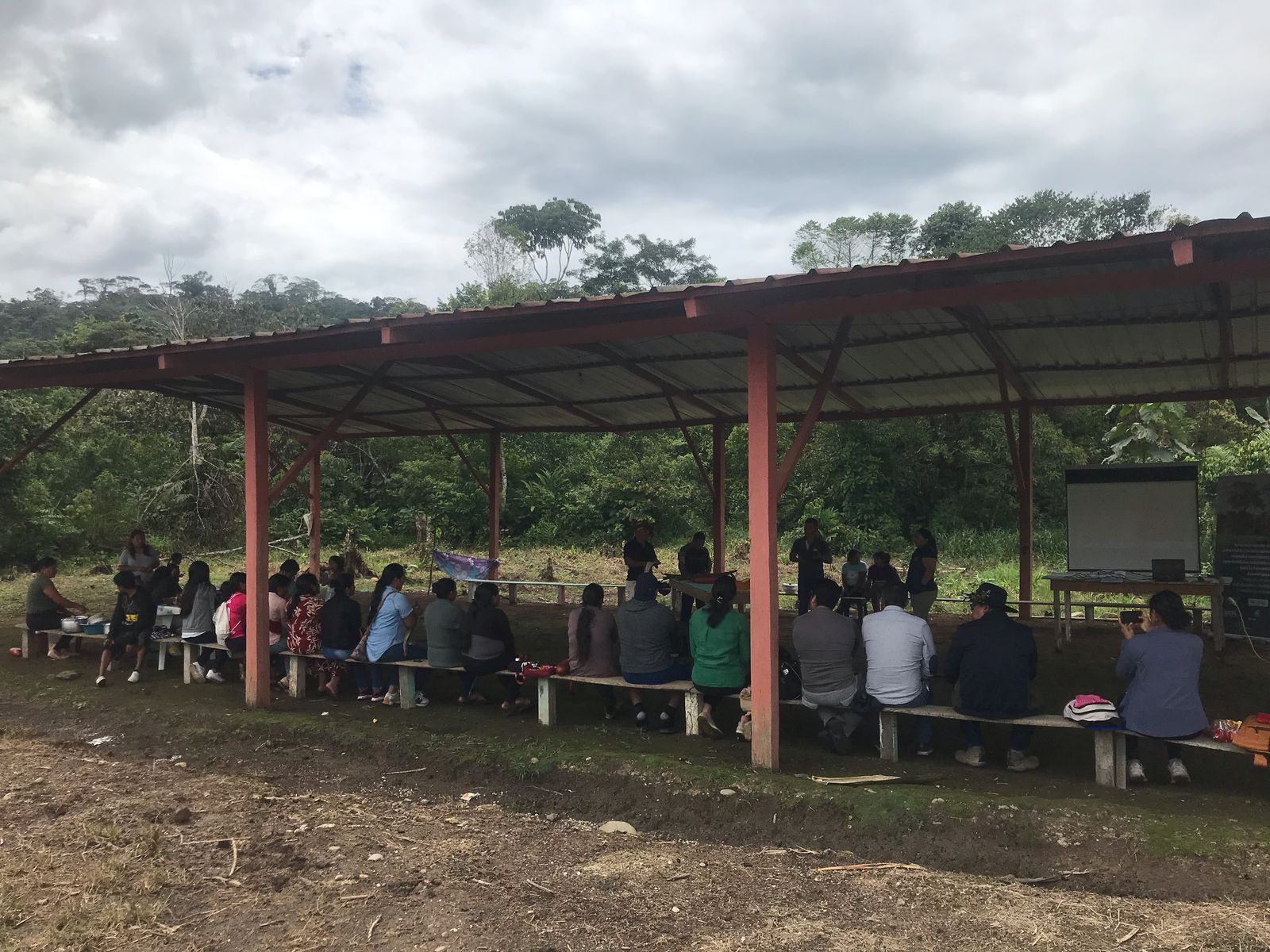
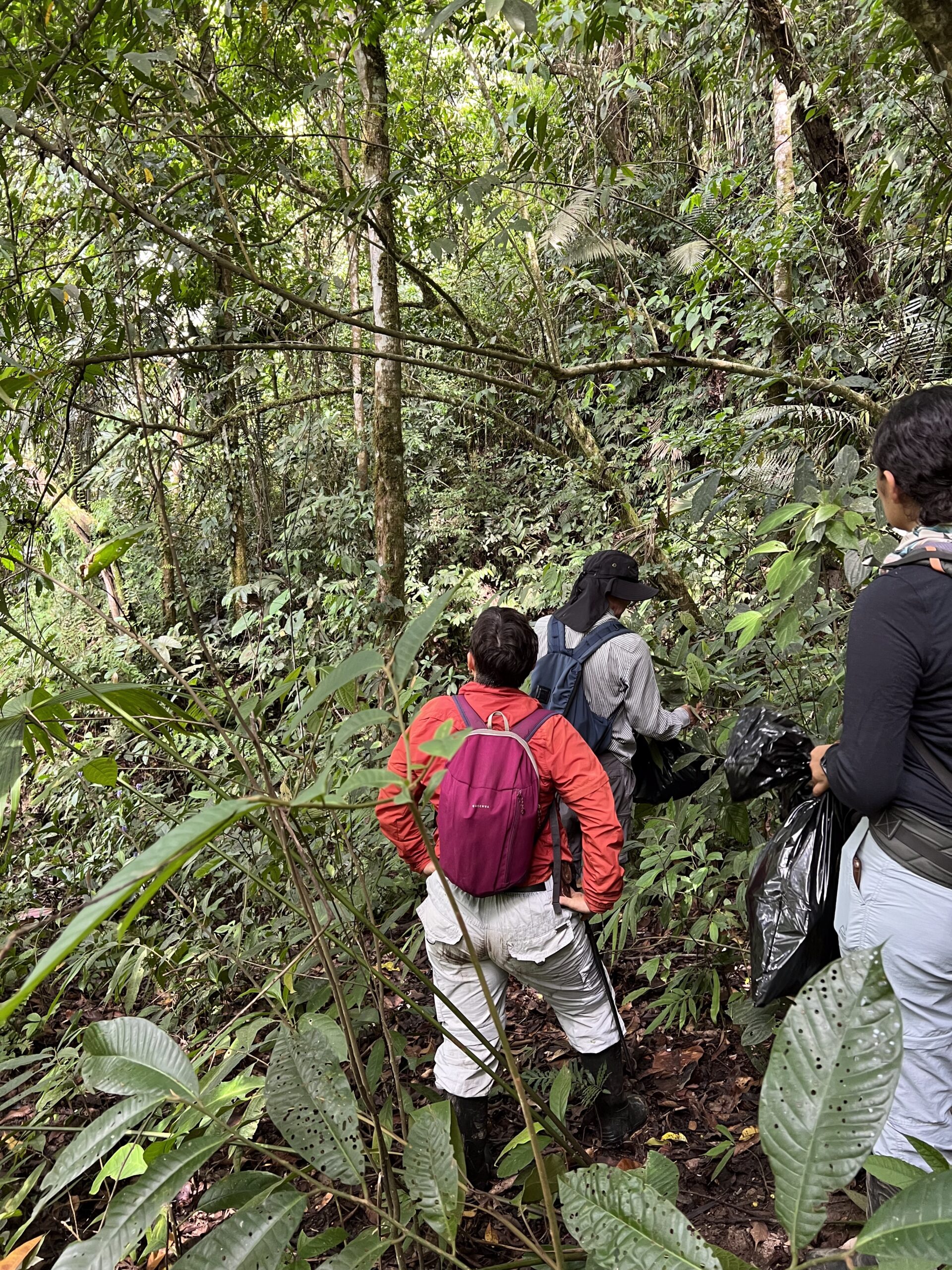
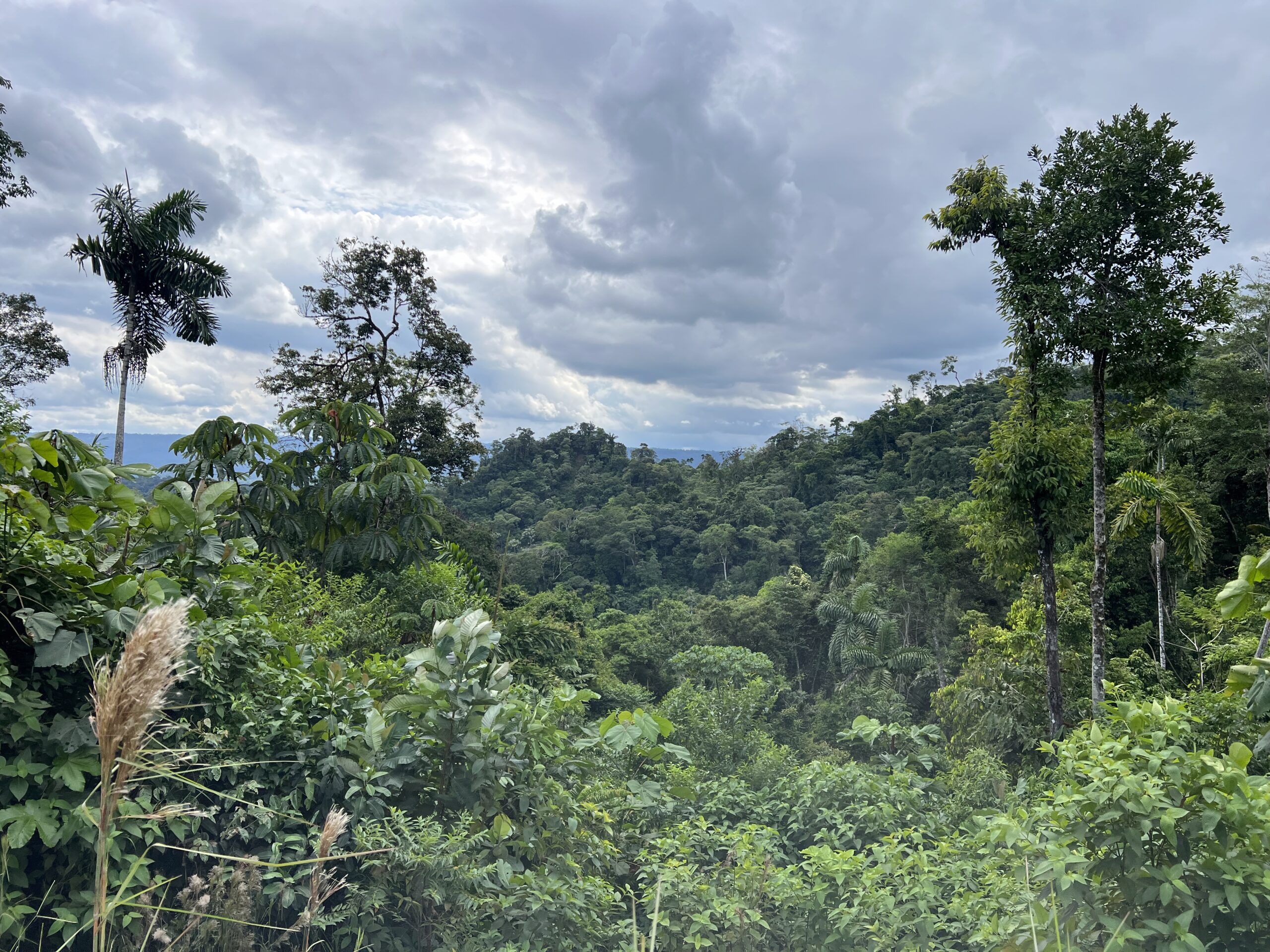
Images feature the BIOAMAZ team and stakeholders (image 1), the Terrambiente team during their presentation (image 2), Karla Espinosa outlining the project’s legal scope (image 3), Team Leader Ana María Rodriguez delivering her presentation (image 4), and fieldwork scenes in the Amazon, including a Community Assembly (images 6-8).
The project recently reached a pivotal milestone with the signing of a strategic agreement with the Shuar Federation. This marks a key alliance in advancing the project’s goal of an inclusive and participatory approach. The agreement acknowledges the vital leadership of Indigenous peoples in safeguarding and sustainably managing Amazonian biodiversity, setting the stage for ongoing collaboration grounded in mutual respect and equity.
Additionally, the project has secured Free, Prior and Informed Consent (FPIC) Acts with seven other Indigenous communities: Jatari Ancestral, Kajekai, Cóndor Mirador, Obepare, San Antonio, San Virgilio, and Wita Waya. These agreements ensure respectful, transparent, and community-driven access to biological and genetic resources. The communities represent a rich mosaic of Indigenous nationalities: Obepare is Huaorani; San Antonio and Kajekai are Shuar; and Jatari, Cóndor Mirador, San Virgilio, and Wita Waya are Kichwa.
For these communities, the project represents more than an economic opportunity, it stands for autonomy, resilience, and cultural affirmation. After many years of calling for support, they see this initiative as a way of achieving greater sustainable economic independence, and a viable alternative of generating income for their people. As the project moves forward, they now look ahead to the next phase and the collaborative selection of plant species.
For the researchers, these agreements reflect a core value proposition: building a bioindustry that is equitable, grounded in dialogue, and shaped by the voices of Amazonian communities.
Next Steps
On 12 June, the teams from UTPL, Terrambiente, and SEDEFA delivered a dynamic presentation of their project to a diverse group of stakeholders, including high-level authorities from the Ministry of Environment, the National Congress, the United Kingdom Embassy, as well as members of local and international NGOs and the Ecuadorian pharmaceutical industry.
The next phase of the project will focus on establishing clear criteria for selecting potential plant species, conducting field visits to identify and evaluate promising candidates, conducting detailed studies of their growth cycles, collecting biological samples, and assessing natural populations.
These efforts will support the development of agroforestry systems, build local capacities, and strengthen strategic market connections for the resulting products. Insights from this phase will also inform regulatory recommendations aimed at ensuring the project’s sustainability and enabling its replication in other regions.



